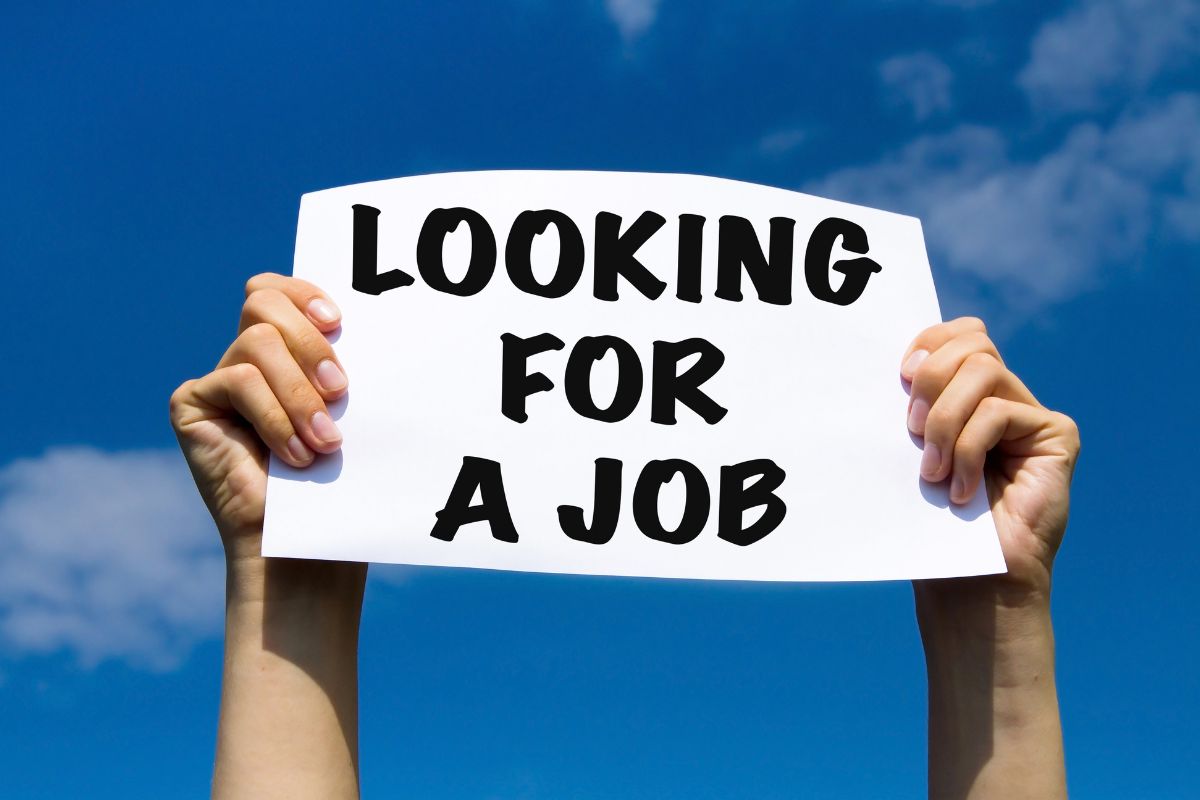How Artificial Intelligence Is Triggering a Gen Z Job Apocalypse

The modern workplace is changing faster than anyone could have imagined — and for Gen Z, the shift is starting to feel like an apocalypse. As artificial intelligence (AI) becomes more advanced and cost-effective, companies across industries are choosing algorithms and automation over young human talent. What was once seen as a tech-driven evolution is now becoming a full-blown employment crisis for the youngest generation in the workforce.
The Rise of AI in the Workplace
AI isn’t new — but the speed at which it’s being adopted in 2025 is staggering. From customer service chatbots to automated content creation, data analysis, and even graphic design, AI tools are performing tasks once reserved for entry-level professionals. Businesses are discovering that AI can handle workloads more efficiently, without breaks, salaries, or benefits.
According to a 2025 report by the International Labour Organization, nearly 38% of companies globally have replaced at least some entry-level roles with AI-driven systems in the past two years. Sectors like marketing, finance, journalism, and customer support have been hit particularly hard. These are precisely the fields where many Gen Z graduates hoped to start their careers.
Why Companies Are Choosing AI Over New Hires
From a corporate perspective, the math is simple. AI reduces operational costs, improves output speed, and minimizes human error. A single subscription to a powerful AI platform can replace the work of multiple junior employees.
In an economy still recovering from inflation and fluctuating global markets, many businesses are cutting costs wherever possible. Hiring and training Gen Z employees — who often seek flexible work schedules, remote options, and higher work-life balance — appears less attractive compared to integrating AI systems that are always “on.”
Moreover, the rapid advancement of generative AI has made automation more creative than ever. Tools like ChatGPT, Midjourney, and Runway can write, design, code, and even strategize. What used to require a full marketing team can now be done with a few prompts and a good AI workflow.
The Impact on Gen Z’s Career Dreams
For Gen Z, this isn’t just about losing jobs — it’s about losing purpose. This generation grew up in a digital world, often described as tech-savvy, creative, and adaptable. Ironically, those same digital skills are now being overshadowed by AI systems that can do the same tasks in seconds.
Entry-level roles — the traditional stepping stones for career growth — are disappearing. Without internships or junior positions, Gen Z professionals are finding it harder to gain the experience needed for mid-level jobs. The result? A widening gap between education and employability.
Recent surveys reveal that one in three Gen Z workers feel “deeply uncertain” about their career future due to AI’s rapid rise. Some are even reconsidering their chosen fields altogether.
The Mental Toll of an AI-Driven Job Market
The employment anxiety among young workers isn’t just financial — it’s psychological. Gen Z has already been dubbed the “burnout generation,” having grown up through the pandemic, economic recessions, and social upheaval. Now, they face the existential question: If AI can do everything better, where do we fit in?
Many report feelings of redundancy and demotivation. The pressure to constantly “upskill” to stay relevant is taking a toll on mental health. For those in creative or communication-based roles, AI-generated competition has also created identity crises — after all, how do you compete with something that never sleeps and learns faster than you?
The Skills That Still Give Gen Z an Edge
Despite the grim outlook, all is not lost. Experts suggest that while AI can mimic human intelligence, it still lacks emotional depth, ethical judgment, and creativity rooted in lived experience. Skills such as emotional intelligence, critical thinking, problem-solving, and ethical decision-making are becoming more valuable than ever.
Gen Z professionals who can work alongside AI — rather than against it — may still find plenty of opportunities. For instance, AI still requires human oversight, context-setting, and strategy alignment. Jobs in AI ethics, prompt engineering, digital strategy, and data interpretation are on the rise.
Moreover, soft skills — communication, leadership, and empathy — are gaining new importance. Employers are beginning to realize that while machines can produce content, only humans can truly connect with audiences and understand cultural nuance.
Reimagining Education and Training
Universities and training institutions are also rethinking their approach. Traditional degrees are being replaced by micro-credentials, digital certifications, and AI literacy programs. Instead of resisting the technological shift, many educators are teaching students how to leverage AI to enhance their work.
For Gen Z, embracing this mindset could be the key to survival in the AI economy. Those who can blend creativity with technical fluency will lead the next phase of the digital workforce.
The Future: Collaboration, Not Competition
It’s clear that AI is here to stay — and fighting it may be futile. The future of work will depend on collaboration between humans and machines. Companies that successfully balance automation with human creativity will likely thrive.
For Gen Z, adaptability will define success. The ability to pivot, learn, and evolve with technology could determine who sinks and who swims in this new digital age.
Final Thoughts
The “Job Apocalypse” facing Gen Z isn’t entirely about destruction — it’s about transformation. Just as previous generations faced the industrial revolution and the rise of the internet, Gen Z is witnessing the dawn of the AI revolution. While automation may eliminate certain roles, it also opens the door to entirely new industries and opportunities.
The challenge lies in how fast young professionals — and society as a whole — can adapt. In this new world, survival won’t be about being the smartest or fastest, but about being the most adaptable.

